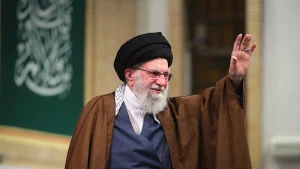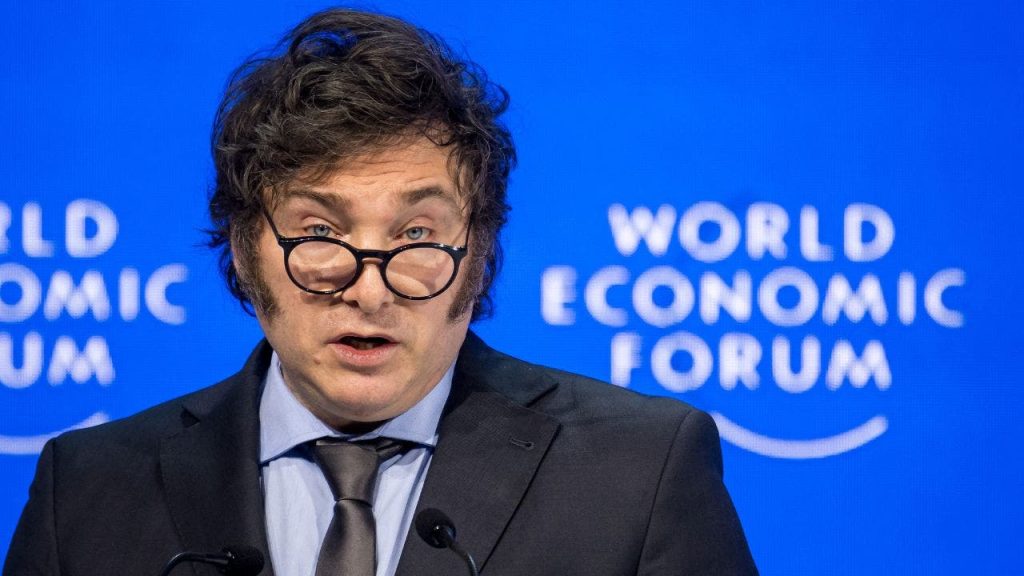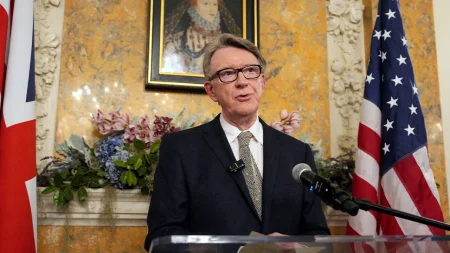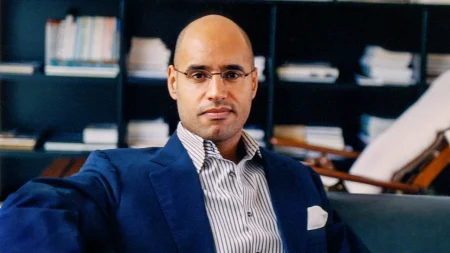Argentinian President Javier Milei’s address at the World Economic Forum in Davos served as a fervent denunciation of what he termed the “mental virus of woke ideology.” Milei positioned this ideology as a direct threat to the fundamental values of Western civilization, values he credits with fostering the Industrial Revolution and subsequent global poverty reduction. He argued that these core principles—respect for life and liberty, freedom of speech, and freedom of religion—are under attack by a pervasive and insidious force that has infiltrated prominent institutions worldwide. From governmental bodies and political parties to non-governmental organizations, universities, and media outlets, Milei asserted that wokeism has taken root and poses a significant obstacle to further progress. He framed the issue as a critical battle for the future of Western civilization and, indeed, humanity, emphasizing the urgent need to dismantle this “ideological chain” to unlock a new era of prosperity and advancement.
Milei’s critique extended to the realm of gender ideology, where he lambasted what he perceived as radical liberal policies. He specifically targeted the concept of self-identification of gender, raising concerns about the potential ramifications of such policies in various contexts, including competitive sports and the prison system. He cited examples to illustrate his point, arguing that the focus on self-perception ignores potential risks and unintended consequences. Further solidifying his stance against gender ideology, Milei cited a case involving a same-sex couple accused of child abuse, explicitly linking the ideology to pedophilia. He characterized the situation as an extreme manifestation of the dangers inherent in gender ideology, portraying it as a form of child abuse that must be condemned.
Invoking the support of Elon Musk, whom he referred to as a “dear friend,” Milei continued his impassioned defense of children, highlighting the perceived dangers of transgenderism. He expressed deep concern over the irreversible harm inflicted upon children through hormone treatments and gender-affirming surgeries, arguing that children are incapable of providing informed consent for such procedures. He further criticized the potential intervention of state agencies in cases where families disagree with these treatments, framing it as an overreach of authority. Milei then connected this issue to the broader cultural context of sexual relativism, suggesting that an entire generation has been negatively impacted by these ideologies, leading to mental health struggles and a dependence on psychiatric treatment. He lamented the reluctance to openly discuss these issues, attributing it to the undue influence of a small, yet vocal, minority.
Milei’s Davos address intertwined his critique of wokeism with an optimistic outlook on Argentina’s future under his leadership. He touted the stabilization of the Argentine economy since his presidency began in 2023, crediting his policies with bringing a semblance of order to a previously chaotic economic landscape. He spoke of a “new Argentina,” suggesting a period of renewal and progress under his stewardship. However, Milei’s optimism was tempered by his concerns about the global impact of woke ideology. He painted a stark picture of the future, predicting that the “scandalous experiments” conducted in the name of this ideology will eventually be condemned and compared to the atrocities of history’s darkest periods. This juxtaposition highlighted Milei’s belief that while Argentina is on the right track, the world at large faces a significant threat if the spread of wokeism is not reversed.
The core of Milei’s argument rested on the premise that woke ideology represents a fundamental threat to Western civilization’s foundational values. He portrayed this ideology as an insidious force that undermines the very principles that have led to progress and prosperity. By emphasizing the historical link between these values and the Industrial Revolution’s success in lifting millions out of poverty, Milei aimed to establish a direct connection between the preservation of these values and continued human development. He depicted wokeism as a destructive force seeking to dismantle these pillars of Western society, thereby jeopardizing the future of civilization itself. His rhetoric underscored a sense of urgency, casting the fight against wokeism as a critical battle that must be won to safeguard the future.
Milei’s closing remarks, punctuated by his signature slogan, “Long live freedom, damn it,” encapsulated the central theme of his address—a fierce defense of individual liberty against what he perceived as the encroaching influence of woke ideology. His passionate delivery and strong condemnation of this ideology signaled his commitment to challenging its perceived dominance within global institutions and broader cultural discourse. By linking wokeism to historical atrocities and emphasizing its potential to undermine the foundations of Western civilization, Milei sought to rally support for his cause and galvanize opposition against what he viewed as a dangerous and destructive force.














